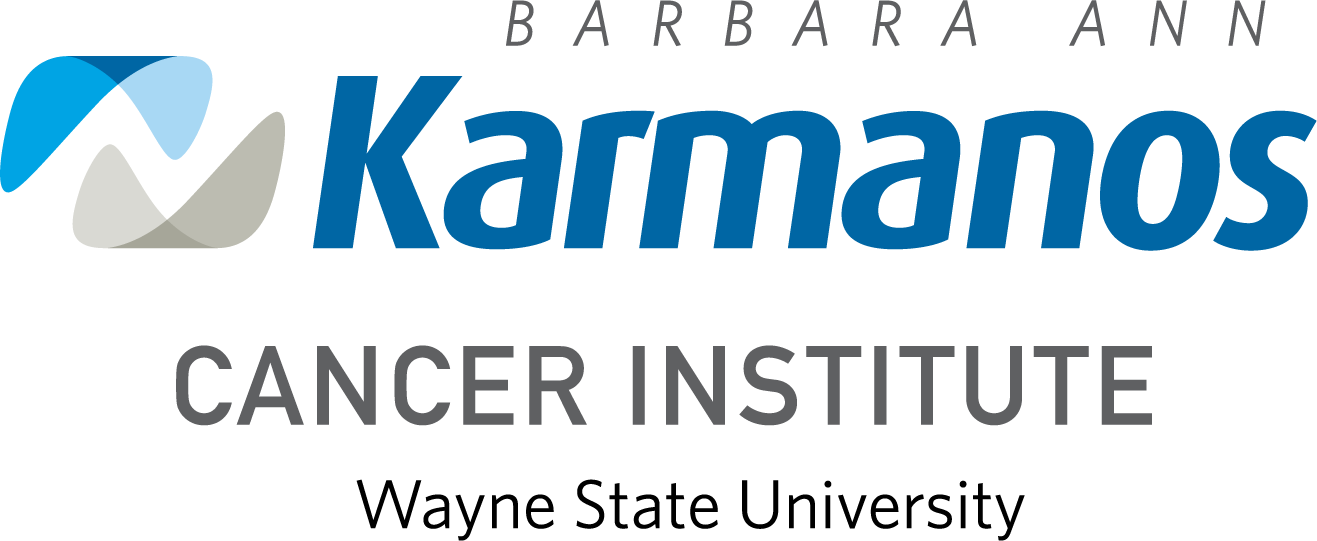
- Vol. 14/No. 3
- Volume 14
- Issue 3
Fellows’ Passion Keeps Deol Sharp and Up to Date

Abhinav Deol, MD, discusses how Karmanos Cancer Institute prepares trainees for their first job and helps them handle negative situations and deal with grief.
Abhinav Deol, MD, grew up in Punjab, India, and earned an MBBS in 1999 from Government Medical College in Amritsar. After a relative died of head and neck cancer, he became interested in oncology, but because in India cancer is treated primarily with surgery, he decided to study medical oncology abroad.
“I did not see many training avenues in India, [so] I decided to pursue it in the United States,” he explained, adding that he “really liked the program…at Wayne State…because we got a chance as…residents to work at [an] NCI-designated cancer center.”
His time at the Institute deepened his desire to pursue a career in hematology/oncology, and he became a fellow at Karmanos in 2007 and joined the Wayne State faculty in 2010. In 2018, he became director of the Karmanos Hematology/Oncology Fellowship Program. Teaching is his way of keeping his skills sharp and influencing the next generation of physicians.
“If you decide to be a teacher, you have to know your topics,” he said. “That’s what made me interested in… medical education, and being able to interact with people who are so passionate and starting off in the field. They’re passionate about learning more, and that keeps me interested and able to keep up with all the [new] information…in…medical hematology and oncology.”
Deol sat down with Oncology Fellows to discuss how Karmanos prepares trainees for their first job and helps them handle negative situations and deal with grief. But first, we talked a bit about why he chose to remain at the Institute after residency.
“I wanted to stay…in the heart of downtown Detroit,” he said, to “offer clinical trials and innovative…therapies for a wide variety of cancers, not only to the patient population…here, but…also…[to] people…traveling… across the state for clinical trials. Having access to… innovative clinical trials, being able to provide care to the patient population that I had had the most experience [with] since I came to the States, and [working with] the people that I worked with during my training were the leading reasons that I chose this place for fellowship.”
Oncology Fellows: What do you want fellows to take away from your program?
Deol: I hope that fellows…take away a strong clinical training. We…[have a] very strong…program [and]…world leaders in the field…[as] part of our faculty. Also, the fellows get exposed to lots of innovative clinical trials. Our hope is that…they have…a passion for research and…can take that to the next level as they start their clinical careers.
How do you prepare them to look for that first job?
Over the past couple of years, we’ve realized that that is…[what] is lacking in…academic medicine. We’re all focused on learning the best…way of…treat[ing] the cancer. But…there are very few opportunities…for… trainees to…make sure…their CV is in order…that they’re getting the research portfolio beefed up so that when they apply for their first academic job, they have the…background to…have a shot at that job.
[O]ver the past 2 years [we] have [had] a series that we’ve dubbed…Job Talk. [O]nce a quarter…we focus… on clinical documentation with a view towards… what is needed from the billing standpoint. Also [we focus] on…mak[ing] sure…their CV is templated well and…they can…go out for interviews in terms of their research background. We plan to include a session on financial literacy in the future.
What advice do you give fellows who have to deal with sexual harassment or unethical behavior?
Communication is the most important thing. We have multiple meetings with…trainees…to make sure that they don’t feel like it’s something that they can’t bring up to somebody in the department and always encourage them to reach me, our program coordinator, the associate program director, or any of the faculty members or other fellows that they feel comfortable talking to. We will do everything in our power to make sure that…[problematic] behavior is corrected right away, and they don’t feel like they are made to pay a price for bringing up an issue.
We recently also…[put a] box in the fellows office… [for] anonymous complaints in case they notice anything that they don’t feel comfortable bringing up on their own, so…[it] can be brought to the attention of the program. I have open channels of communication with the cancer center, with the graduate medical education office, so we can bring those [issues] up through the chain of command to make sure that…the fellows don’t have to be subjected to any kind of harassment.
Patients and oncologists can become very close during a treatment period that lasts for years. What do you tell fellows about managing grief when a patient dies?
That is, I think, one of the most challenging parts in our field. What I find helps me deal with loss…is to make sure that the patient and…[I] are on the same page in terms of understanding that, whatever the… therapy,…there are certain things that are beyond our control. Most of the therapies don’t have [a] 100% response rate. And as we learn more about why certain patients respond…[and] don’t respond…we can continue to improve…outcomes.
Articles in this issue
over 3 years ago
Geography Should Not Be Destinyover 3 years ago
A Primer for New Fellows



































